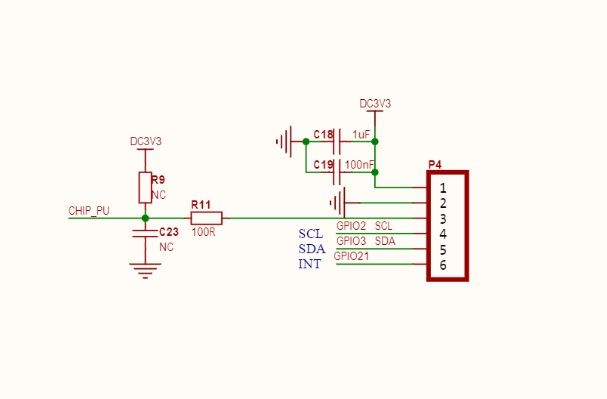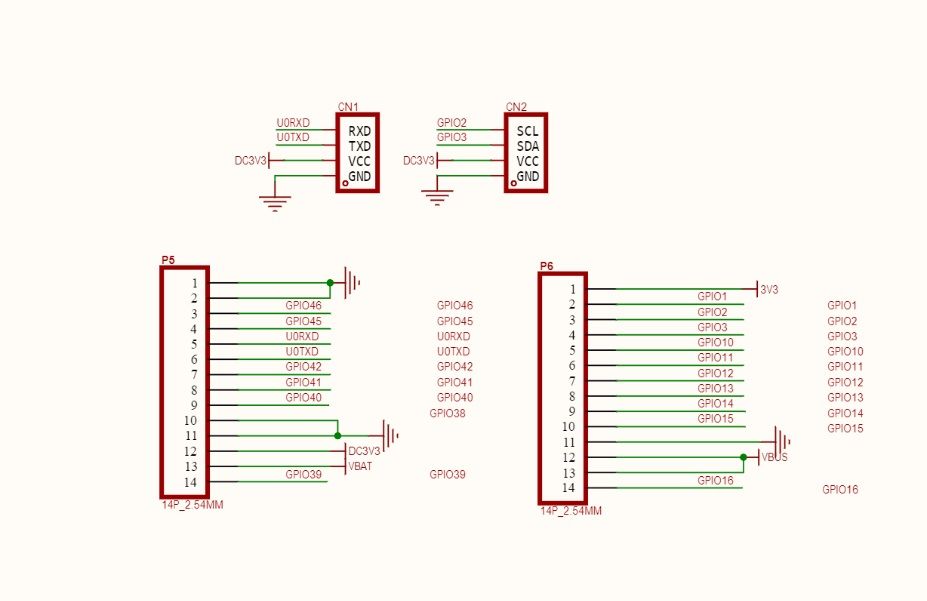@rs77can That did not work either - cant mount card
I tried this
This worked - just make sure not to reformat the drive each time.
#include "FS.h"
#include "FFat.h"
// This file should be compiled with 'Partition Scheme' (in Tools menu)
// set to 'Default with ffat' if you have a 4MB ESP32 dev module or
// set to '16M Fat' if you have a 16MB ESP32 dev module.
// You only need to format FFat the first time you run a test
#define FORMAT_FFAT true
void listDir(fs::FS &fs, const char *dirname, uint8_t levels) {
Serial.printf("Listing directory: %s\r\n", dirname);
File root = fs.open(dirname);
if (!root) {
Serial.println("- failed to open directory");
return;
}
if (!root.isDirectory()) {
Serial.println(" - not a directory");
return;
}
File file = root.openNextFile();
while (file) {
if (file.isDirectory()) {
Serial.print(" DIR : ");
Serial.println(file.name());
if (levels) {
listDir(fs, file.path(), levels - 1);
}
} else {
Serial.print(" FILE: ");
Serial.print(file.name());
Serial.print("\tSIZE: ");
Serial.println(file.size());
}
file = root.openNextFile();
}
}
void readFile(fs::FS &fs, const char *path) {
Serial.printf("Reading file: %s\r\n", path);
File file = fs.open(path);
if (!file || file.isDirectory()) {
Serial.println("- failed to open file for reading");
return;
}
Serial.println("- read from file:");
while (file.available()) {
Serial.write(file.read());
}
file.close();
}
void writeFile(fs::FS &fs, const char *path, const char *message) {
Serial.printf("Writing file: %s\r\n", path);
File file = fs.open(path, FILE_WRITE);
if (!file) {
Serial.println("- failed to open file for writing");
return;
}
if (file.print(message)) {
Serial.println("- file written");
} else {
Serial.println("- write failed");
}
file.close();
}
void appendFile(fs::FS &fs, const char *path, const char *message) {
Serial.printf("Appending to file: %s\r\n", path);
File file = fs.open(path, FILE_APPEND);
if (!file) {
Serial.println("- failed to open file for appending");
return;
}
if (file.print(message)) {
Serial.println("- message appended");
} else {
Serial.println("- append failed");
}
file.close();
}
void renameFile(fs::FS &fs, const char *path1, const char *path2) {
Serial.printf("Renaming file %s to %s\r\n", path1, path2);
if (fs.rename(path1, path2)) {
Serial.println("- file renamed");
} else {
Serial.println("- rename failed");
}
}
void deleteFile(fs::FS &fs, const char *path) {
Serial.printf("Deleting file: %s\r\n", path);
if (fs.remove(path)) {
Serial.println("- file deleted");
} else {
Serial.println("- delete failed");
}
}
void testFileIO(fs::FS &fs, const char *path) {
Serial.printf("Testing file I/O with %s\r\n", path);
static uint8_t buf[512];
size_t len = 0;
File file = fs.open(path, FILE_WRITE);
if (!file) {
Serial.println("- failed to open file for writing");
return;
}
size_t i;
Serial.print("- writing");
uint32_t start = millis();
for (i = 0; i < 2048; i++) {
if ((i & 0x001F) == 0x001F) {
Serial.print(".");
}
file.write(buf, 512);
}
Serial.println("");
uint32_t end = millis() - start;
Serial.printf(" - %u bytes written in %lu ms\r\n", 2048 * 512, end);
file.close();
file = fs.open(path);
start = millis();
end = start;
i = 0;
if (file && !file.isDirectory()) {
len = file.size();
size_t flen = len;
start = millis();
Serial.print("- reading");
while (len) {
size_t toRead = len;
if (toRead > 512) {
toRead = 512;
}
file.read(buf, toRead);
if ((i++ & 0x001F) == 0x001F) {
Serial.print(".");
}
len -= toRead;
}
Serial.println("");
end = millis() - start;
Serial.printf("- %u bytes read in %lu ms\r\n", flen, end);
file.close();
} else {
Serial.println("- failed to open file for reading");
}
}
void setup() {
Serial.begin(115200);
Serial.setDebugOutput(true);
if (FORMAT_FFAT) {
FFat.format();
}
if (!FFat.begin()) {
Serial.println("FFat Mount Failed");
return;
}
Serial.printf("Total space: %10u\n", FFat.totalBytes());
Serial.printf("Free space: %10u\n", FFat.freeBytes());
listDir(FFat, "/", 0);
writeFile(FFat, "/hello.txt", "Hello ");
appendFile(FFat, "/hello.txt", "World!\r\n");
readFile(FFat, "/hello.txt");
renameFile(FFat, "/hello.txt", "/foo.txt");
readFile(FFat, "/foo.txt");
deleteFile(FFat, "/foo.txt");
testFileIO(FFat, "/test.txt");
Serial.printf("Free space: %10u\n", FFat.freeBytes());
deleteFile(FFat, "/test.txt");
Serial.println("Test complete");
}
void loop() {}

